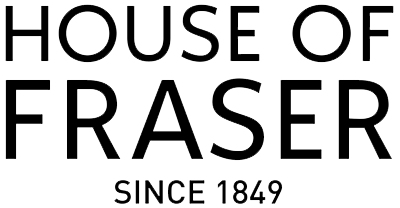In response to labour shortages brought on by Covid and the Great Resignation, retailers are reinventing how they recruit, train, motivate, and empower staff, says Fabrice Haiat, CEO of YOOBIC.
The Great Resignation was a mass transfer of labour to new roles or retirement. In the US alone, between 3.5 and 4.5 million Americans handed in their resignations per month in 2021 based on figures from the Bureau of Labor Statistics, the highest figure since measurement began back in 2000. This is more than double the figure for a typical month over that 21 year period. Meanwhile, in the UK, recruitment company Randstad interviewed 6,000 workers, 69% of whom said they were feeling confident about moving to a new role within months, with 24% planning to change within 3-6 months. The average figure per year before the pandemic was 11%.
Employers are now trying to keep the staff they already have and find ways to attract and retain new ones. YOOBIC and Coresight Research undertook a retail study which showed that 51% of UK retailers who plan to invest in digital workplace technology in 12-18 month are doing so to invest in the long-term future of their workforce. They may be rethinking just how many locations they need but will invest more in those that remain to make them more efficient and profitable.
This investment is driven mainly by their need to improve communications – covering ease, regularity and timeliness of communication with staff, to make them feel more connected with the rest of the organization. A priority focus is also the long-term future of the workforce in the face of labour shortages and high turnover, so retailers can provide a more satisfying employee experience, enabling employees to see improved growth opportunities and a clearer career path. The third priority was to increase staff engagement on the basis that motivated and engaged staff are often more productive, and an enhanced employee experience boosts retention and customer service.
Key to directing the investment most effectively is a deeper understanding of what staff want from their jobs. 20 years ago, people were starting a career in retail because they knew that if they were performing well, they’d be promoted again and again. This has disappeared over the last few years and today we have proof that this is a problem for workers; again in the Coresight research, 52% of frontline workers say a lack of career growth is their biggest industry challenge. They are now asking – what is my career path? What are my benefits? What does my development look like?
Meeting these needs is key to retaining and attracting workers who know the brand’s culture and will deliver the brand experience in store that consumers are seeking. In 2022, I know that retailers will be much more focused on how they take care of their people, help them progress, and create a career path. To do this, workers will need to be trained, engaged, motivated, and made to feel important, which is why we are emphasising the importance of communications and learning and development.
There is abundant evidence that this is the right approach. The Coresight research revealed that 82% of respondents whose organizations have adopted digital workplace applications and increased employee engagement indicated improvement in sales conversion since the introduction of the new technology, likely as a result of better communications, training, and store execution.
79% also enjoyed reduced operational costs, using digital workplace technology to eliminate the need for costly store visits and audits by management. In addition, by giving staff digital checklists and brand guideline instructions via mobile apps, they saw improved merchandising/brand compliance across stores and restaurants, with the positive effect of better customer experience and ultimately, more sales.
With the right culture around recruitment and retention, supported with the right digital workplace technology, retailers can be confident of seeing staff roles change from being purely transactional so they can become relationship builders and brand ambassadors, the very type of roles they are seeking.



















